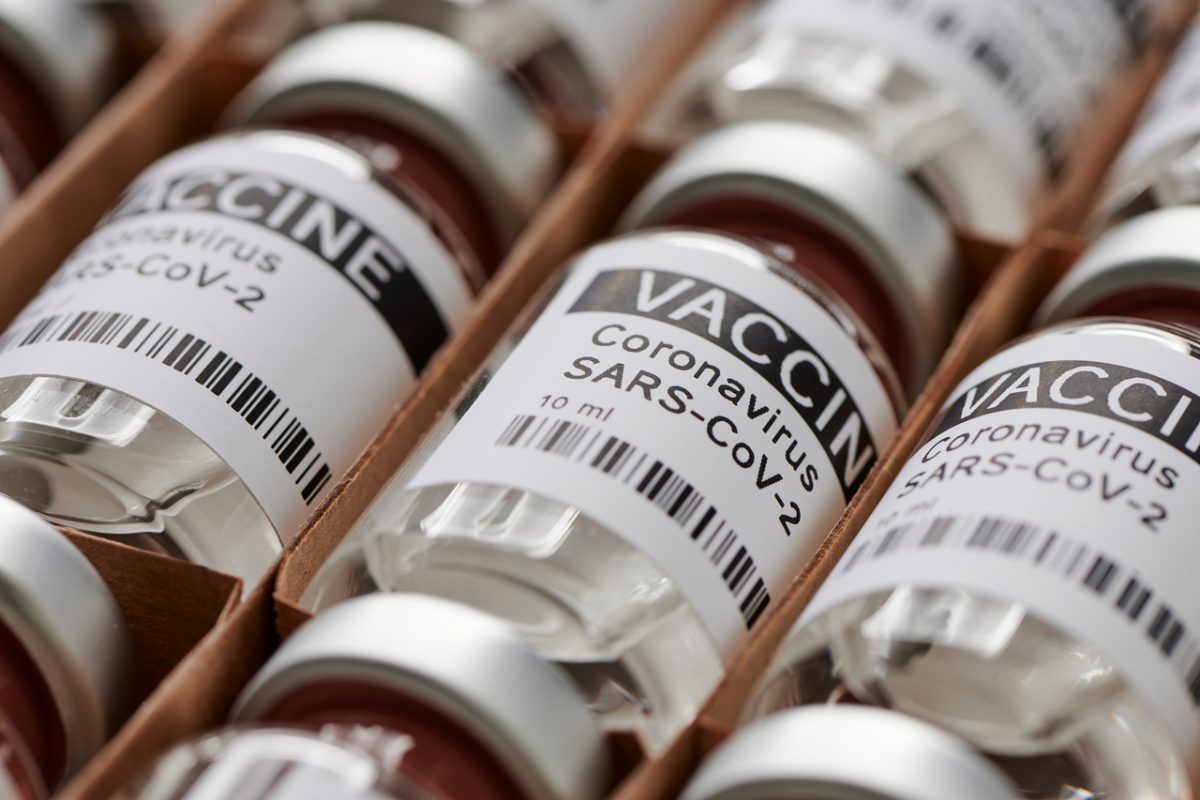The history of vaccines: from smallpox to Covid-19
Published on August 3, 2021 by Blackstone

The Covid-19 vaccine is something we’ve heard a lot about in the last year. As of July 2021, 54% of the UK population has been fully vaccinated and over 82 million doses have been delivered in the space of just seven months. Researchers from around the world developed and tested Covid-19 vaccines quickly, but they had a long history of vaccine research to draw on.
A vaccine is a substance that stimulates the production of antibodies in the body to provide immunity. But where did vaccines begin?
The first vaccine: Eliminating smallpox
Smallpox was a serious infectious disease that, before the vaccine, killed around 3 in 10 people who contracted it and left many survivors with permanent scars. It’s estimated that in Europe during the 18th century, 400,000 people died from the disease each year.
The practice of immunisation dates back to around the 1500s in China, but it’s English physician and scientist Edward Jenner who is credited with founding vaccinology in the west in 1796. Other physicians noted that prior infection of cowpox led to immunity from smallpox, and some even tested this theory. But it wasn’t until Jenner tested his vaccine on a young boy and proved it provided smallpox immunity with other patients, including his son, that the vaccination was accepted.
By 1840, the British government was providing vaccination for smallpox free of charge. The popularity of vaccines quickly spread across Europe. In fact, it was so successful that Napoleon, who was at war with Britain at the time, reportedly referred to Jenner as “one of the greatest benefactors of mankind” and even released two English prisoners of war at his request.
Thanks to the pioneering work of Jenner and global efforts in the decades that followed, smallpox was officially eradicated in 1980.
Preventing childhood illnesses
While Jenner proved the theory behind vaccinations, it took many decades to create vaccines that were routinely recommended. One of the challenges was the method of delivering a vaccine. Jenner took material from a blister of someone with cowpox and injected this into another person’s skin. While effective, it made large-scale vaccine production challenging.
It wasn’t until the 1900s that scientific knowledge had developed enough to deliver other vaccines. These included vaccines for diphtheria, tetanus, and polio.
As the number of vaccines grew, in 1974 the World Health Organisation (WHO) set out a goal of a universal vaccination programme to protect children from six preventable diseases: measles, polio, diphtheria, whooping cough, tetanus, and tuberculosis. At the time, fewer than 5% of all children had been immunised against these diseases. Within 25 years, this had increased to 80%.
In the UK and around the world, vaccination programmes have grown and adapted. Over the years, programmes have adopted new vaccines, such as the HPV or flu vaccine, and others have been removed as the need for them has fallen. Getting vaccinated has become a routine part of childhood and school.
The race for a Covid-19 vaccine
The speed at which researchers developed several Covid-19 vaccines demonstrates just how far medical science has come.
Genetic sequencing data of Covid-19 was shared through a global science initiative at the beginning of 2020 and it took less than a year to develop several vaccines. As of July 2021, 20 Covid-19 vaccines are authorised by at least one regulatory authority for public use. In the UK, there are four authorised Covid-19 vaccines:
- Pfizer
- Oxford/AstraZeneca
- Moderna
- Janssen
Sarah Gilbert, professor of vaccinology at Oxford University, who was part of the team that developed the Oxford/AstraZeneca, credited previous research, experience, and a focus on Covid-19 for the development speed.
Speaking to the Independent, she said: “There’s a lot that has been done to plan before this year to be able to make a pandemic vaccine quickly, and there’s a lot of research that has been done before which we’re now able to take advantage of. Because we’ve been preparing for such a long time, that’s why we can go quickly.”
It’s not just the development of Covid-19 vaccines that has been quick, but their roll-out too. With centres set up around the UK, it’s possible to deliver thousands of doses every hour. In fact, on21 March 2021, more than 844,000 people had received a vaccine.
While smallpox is the only human disease successfully eradicated through vaccination, history shows us that vaccines can slow the spread of diseases and reduce their risks. In 2021, vaccines have helped lift lockdown restrictions and, hopefully, enable us to return to normal.

